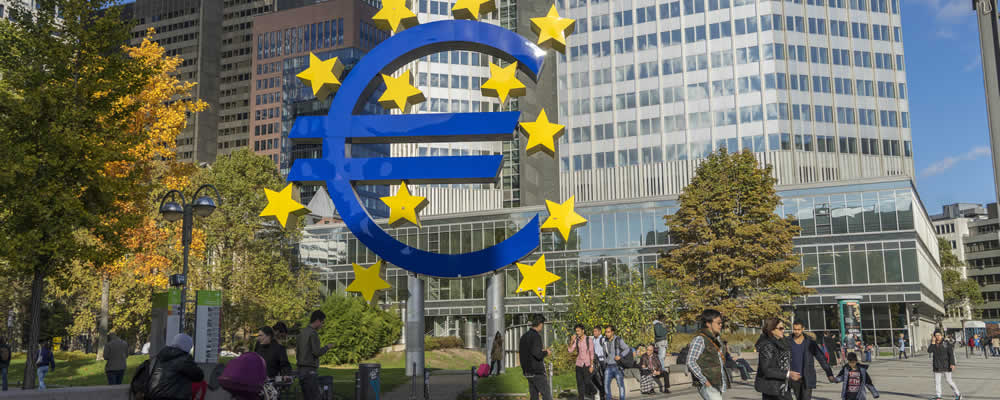The Euro to Rand exchange rate has risen by 0.7% on the afternoon of 6th April, as tensions about a trade war continue to grow.
The Rand has been more adversely affected by the concern that the US could impose $100bn worth of tariffs on China.
At present, neither nation has fully committed to these planned charges, so it is possible that there could be a market stabilising de-escalation next week.
(First published 5th April, 2018)
EUR/ZAR Exchange Rate Advances on Mixed Eurozone Sales Stats
The Euro has made a moderate advance against the South African Rand on 5th April, rising in the wake of somewhat supportive retail sales figures for February.
Sales growth has risen from -0.1% to 0.1% on the month, but the annual reading has showed a slowdown from 2.3% to 1.8%.
Both ecostats have nonetheless been positive, which has enabled the small Euro to Rand rise witnessed during the morning’s trading.
South African Rand to Euro Exchange Rate Falls after Criticism of ZA Public Service
The recent Rand to Euro exchange rate losses have come during a quiet time for ZA economic data, with the only stats being a falling Standard Bank PMI reading.
The greater drag on the Rand has been a report from the Institute of Race Relations (IRR), which states that national public services are constricting economic growth.
The IRR’s Gareth van Onselen has stated of the issue that;
‘As the size of the public service has expanded year in and year out since 1994, so the wage bill has grown, above inflation almost every year, over the same period.
The result is a wage bill that is now so big it is threatening to breach the compensation threshold of many departments and eat into their ability to deliver services’.
Euro to South African Rand Exchange Rate Forecast: Will German Data Push EUR/ZAR Rate Higher?
Looking ahead, the Euro’s present advantage against the South African Rand could grow if German economic data prints as expected.
On 6th April, German industrial and construction output figures for February and March will be released.
In both sectors, productivity levels are predicted to increase which could ensure a EUR/ZAR exchange rate rise going into the weekend.
Further ahead, there may be additional support for the Euro on 9th April when February’s trade balance data is released.
Estimates are for the nation’s already sizable trade surplus to expand from 17.4bn to 26.8bn, which could enable another Euro to Rand exchange rate advance.
On the other side of the pairing, the Rand to Euro exchange rate may be affected next week by the release of manufacturing and mining data on 10th and 12th April.
Expectations are for manufacturing production levels to have risen on the month in February, but a year-on-year slowdown is also forecast.
Annual figures are typically considered the more important of the two, so the Rand could be weakened by such news.
That said, the ZAR/EUR exchange rate could recover on 12th April as mining production levels are tipped to have risen by over 3% in February.
South Africa has a large focus on exporting minerals and precious metals, so growth in output levels could lead to the Rand appreciating against the Euro.
